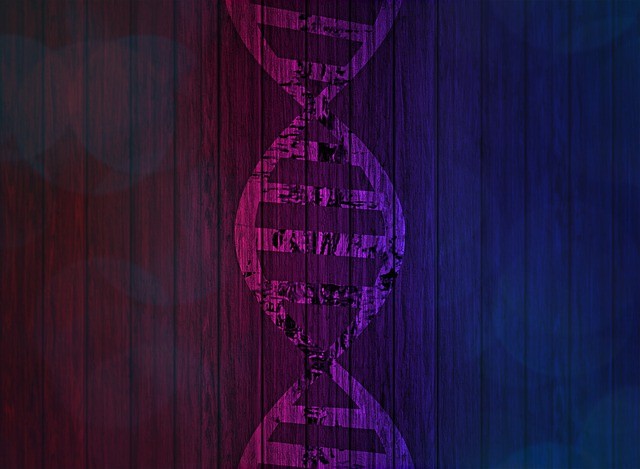
Researchers claim that predictable genetic mutations are less likely as an organism's DNA evolves itself over time. One idea is that evolving makes changes more random than ever, seen as a more or less adaptable characteristic.
Genetic Mutation Is Random
Predicting the effects of future genetic variants and implying the impact of previous mutations is an important objective in genetics and evolution, reported Phys Org.
To make these predictions, scientists anticipate that the effects of a mutation tested in the present pertain to previous and future variants of the same gene.
According to a new study by University of Chicago scientists, this assumption is incorrect for most mutations, cited EurekAlert.
Measuring the effects of every possible mutation in a biologically essential gene altered over 700 million years of evolution by combining cutting-edge methods in experimental biochemistry and evolutionary reconstruction of ancient enzymes.
Most mutations' effects changed steadily and randomly as the gene evolved, frequently switching from highly detrimental to insignificant or vice versa.
People believe that natural selection has optimized all of our genes to do the best job possible, according to Joseph Thornton, Ph.D., Professor of Ecology & Evolution and Human Genetics at UChicago.
The results suggest that modern genes are the result of a particular cascade of random, not predictable genetic mutations are less as genes evolve with factors controlling the result over millions of years. But significant change events, each of which decided the next steps that evolution could take at any point in its history, noted News Beezer.
Evolution Over 700 million years
Working on hormone receptor genes, which are intracellular proteins that control the effects of estrogen, testosterone, and cortisol on reproduction, development, immunity, and various cancers and other diseases. These receptors, found in nearly all animals today, evolved from a simple common ancestor 700 million years ago.
Using a technique developed in Thornton's lab, the team first recreated the gene for the ancestor of the entire family by mathematically tracing evolution backward down the tree of life, starting with a massive database of present-day receptor genes.
Reconstructing a series of eight other genes in the family that occurred between that profound ancestor and now occurred at different times. They formed DNA for each of these ancient genes to study them experimentally in their lab.
They started with these ancient genes using a new biochemical technique called deep mutational scanning, which measures the impacts of massive collections of genetic variations at the same time.
Using a strategy developed by Park and Metzger, graduate student Park engineered every possible mutation at every site in the gene sequence of all nine reconstructed receptors, a total of more than 25,000 mutations. To do so, a laser-based technology called sequencing-coupled fluorescence-activated cell sorting (Sort-seq).
Thornton and Park are working on expanding their research to typify not only single mutations but every possible pair of genetic variations in the receptors.
These experiments, which involve millions instead of thousands of mutations, allowing the researchers to analyze the genetic interactions that induced epistatic drift during the receptor family's long-term evolution. Predictable genetic mutations are less as genes evolve, with factors controlling the result over millions of years.
Related Article: Discovery of Extraterrestrial Hypatia Stone in Egypt Reveals Signs It Came From a Supernova Event
© 2025 HNGN, All rights reserved. Do not reproduce without permission.








